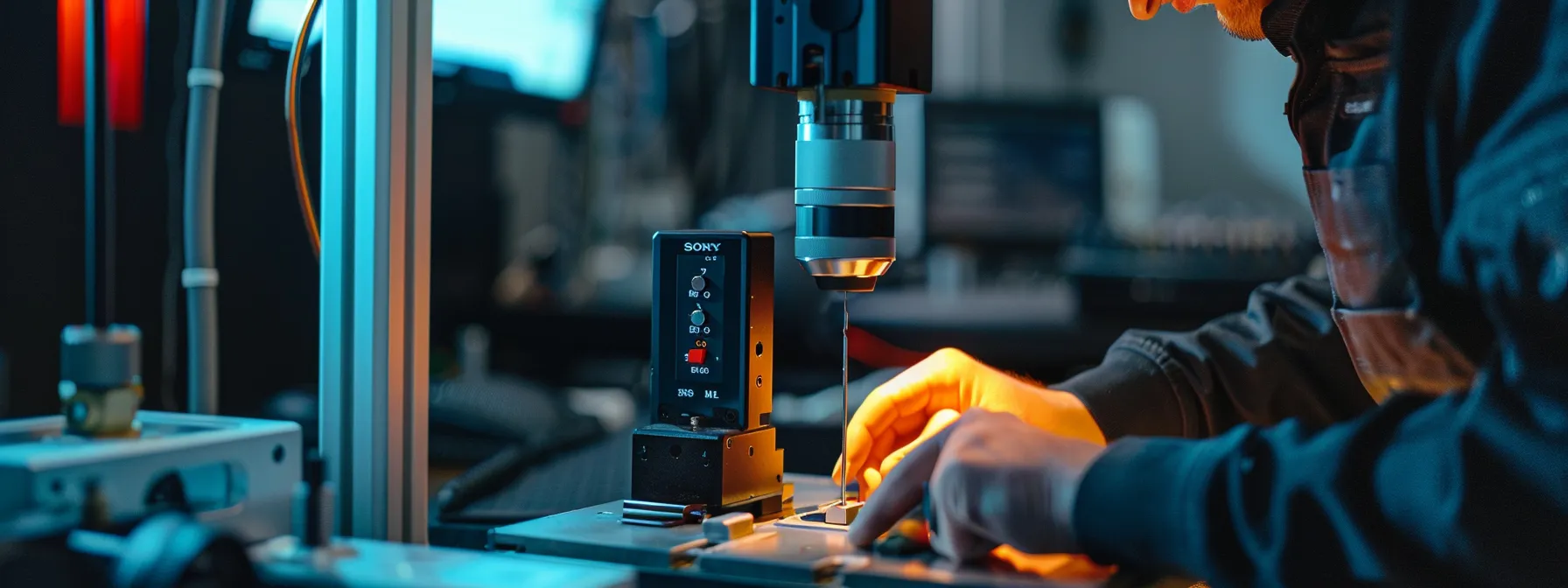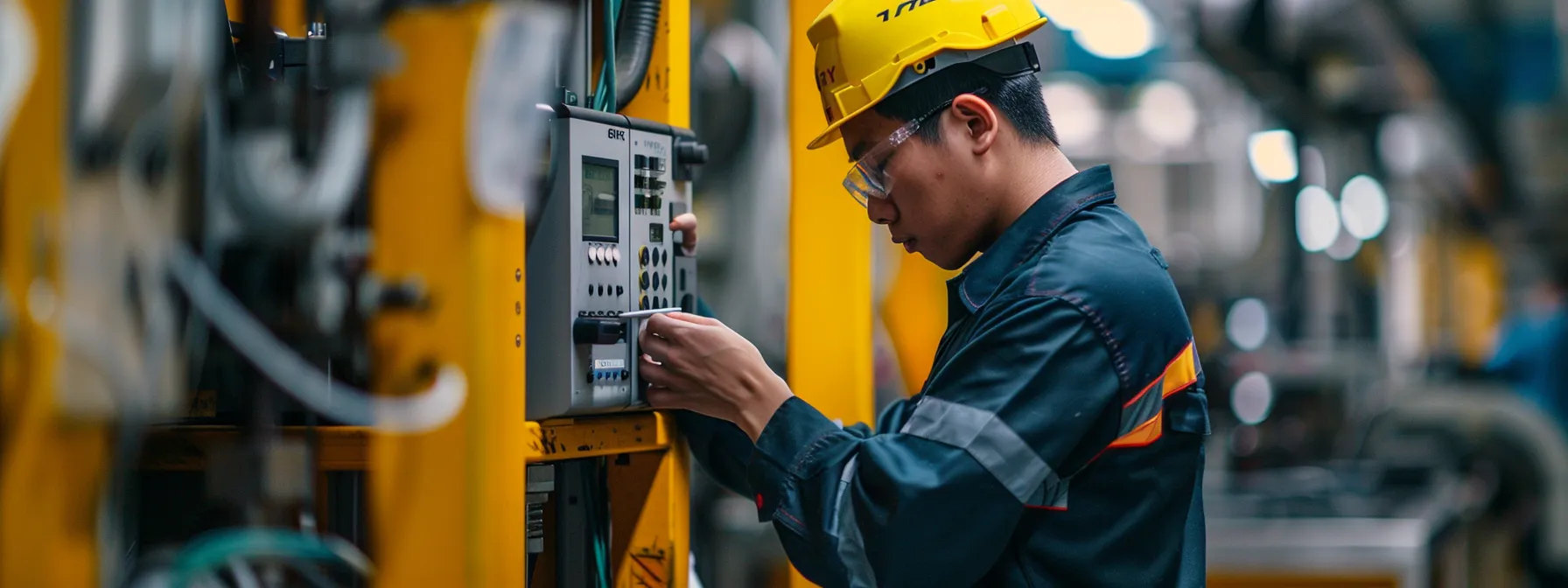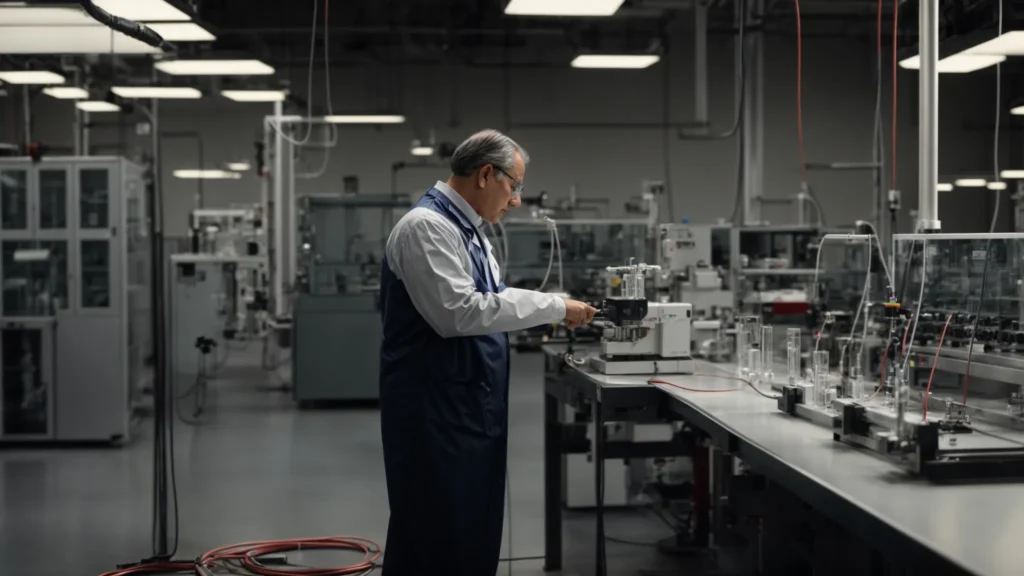Top Applications of Dynamometer Force Gauges in Various Industries
Force measurement plays a pivotal role across many sectors, being integral to quality assurance, control systems, and research development. Dynamometer force gauges, sophisticated tools designed to measure force, torque, and tension, are at the forefront of this important task. Their precision and adaptability make them vital in settings where accurate force measurement is crucial. From automotive to aerospace, material science, and manufacturing, these instruments ensure products meet stringent industry standards. Below, we delve into the various applications of dynamometer force gauges and their impact across different industries.
Understanding Dynamometer Force Gauges and Their Functionality

Dynamometer force gauges are handheld tools used to measure push or pull forces, converting mechanical input into readable electrical signals. These devices are essential in both static and dynamic testing environments, offering engineers and technicians precise force data to fine-tune systems. Digital models enhance this process with features like data storage, accurate digital displays, and improved analysis capabilities.
One advanced example is the GD-200 3h, a digital force gauge known for its precision and dependability. Tools like this help professionals validate component integrity and detect issues early. They’re also crucial in the design phase, giving engineers insight into operational forces, which supports better decisions for product safety, performance, and durability.
The Vital Role of Force Gauges in Automotive Industry Testing
Dynamometer force gauges are crucial in the automotive industry for testing car components, evaluating force resistance and mechanical linkages. They are used during the design phase to ensure parts can withstand real-world stresses, such as seat belt tension or airbag engagement force.
Dynamometer force gauges also aid in servicing and maintenance, assessing wear and tear on components, leading to better repair decisions. Accurate force measurement is essential for fine-tuning components for optimal efficiency and speed in performance vehicles. The use of force gauges during test runs allows engineers to analyze and adjust force dynamics, ensuring peak performance.
Implementing Dynamometer Force Gauges in Aerospace for Safety and Performance
Dynamometer force gauges are crucial in the aerospace industry for testing the strength and endurance of materials and components used in aircraft and spacecraft. These precision instruments assess the tensile and compression forces of components like landing gears, control cables, and fuselage materials, ensuring they can withstand extreme stresses during takeoff, flight, and landing.
They also help achieve the balance between material strength and weight, crucial in aerospace design. Regular maintenance checks on aerospace equipment often use force gauges to detect potential degradation in critical systems, ensuring high safety standards. Flight testing programs also use force gauges to collect data on aerodynamic forces and control surface effectiveness.
Leveraging Force Measurement in Material Science and Engineering

Dynamometer force gauges are crucial tools in material science, engineering, and research. They assess material properties like tensile strength, ductility, and elasticity under various force conditions. Structural engineers use force gauges to determine the load-bearing capabilities of construction materials, ensuring stability and longevity.
They are also used for quality control, verifying materials meet industry standards, and experimenting with new material applications. These force gauges help maintain the integrity of materials used across various sectors. In research and development, engineers and scientists use force gauges to experiment with new material applications, understanding how changes in composition or treatment affect performance, leading to advancements and innovation in material technology.
Maximizing Efficiency in Manufacturing Through Precision Force Testing
Dynamometer force gauges are essential in manufacturing processes to ensure the quality and consistency of mass-produced items. They help identify inaccuracies in machinery, preventing component failure or substandard products. Force gauges can be used during assembly lines to ensure correct tension, reducing defects and increasing consumer satisfaction.
They also automate feedback systems, allowing real-time adjustments to manufacturing tolerances. This integration of force measurement technology leads to smart, responsive production lines that maintain high-quality standards. In packaging and product testing, force gauges simulate shipping and handling stresses, improving product designs to withstand transport and usage, leading to more reliable goods in the marketplace.
Overall, dynamometer force gauges are instrumental in fortifying industry standards, enhancing safety, and fostering innovation. From automotive to aerospace, material science, and manufacturing, the application of precise force measurement technology is an essential component of sophisticated engineering and quality control efforts. As industry demands evolve, the role of force gauges in various sectors becomes increasingly crucial in meeting the challenges of tomorrow’s world.









